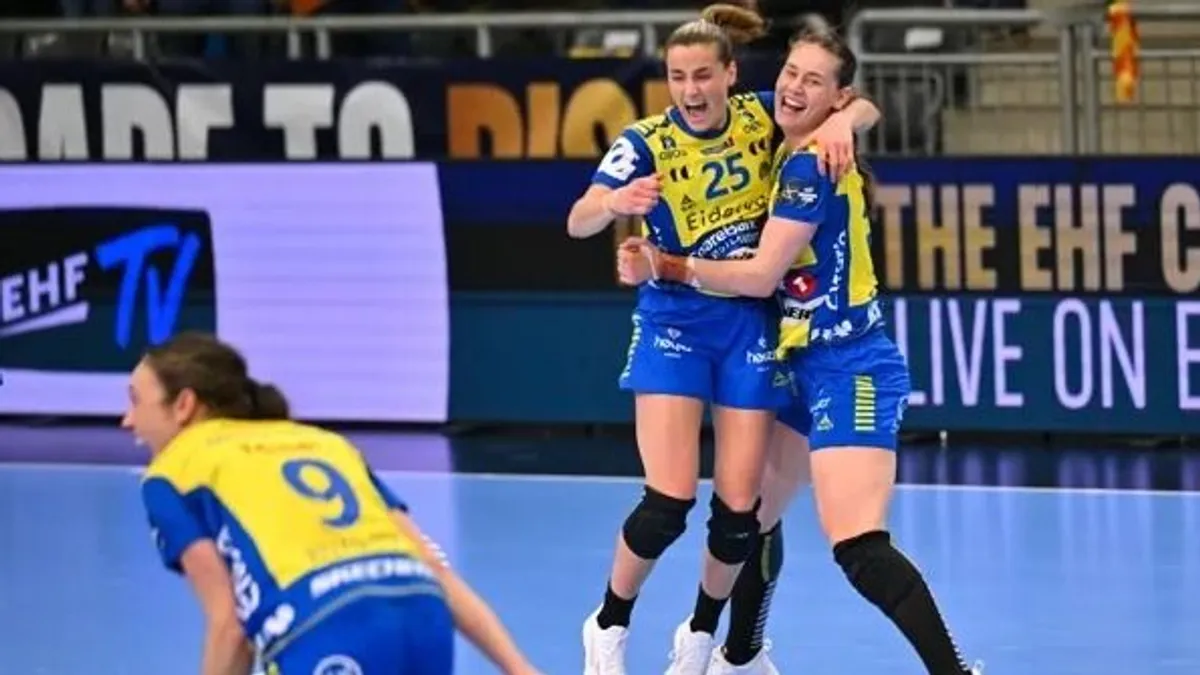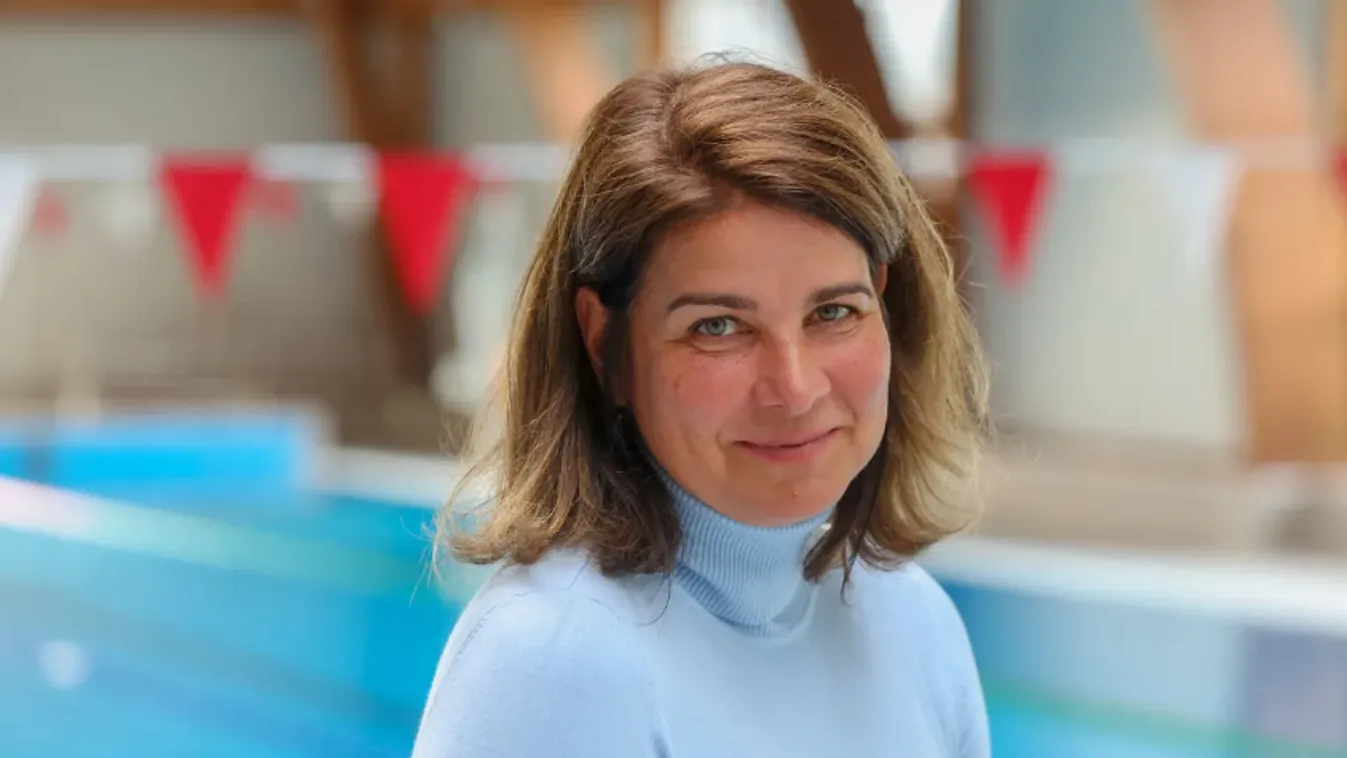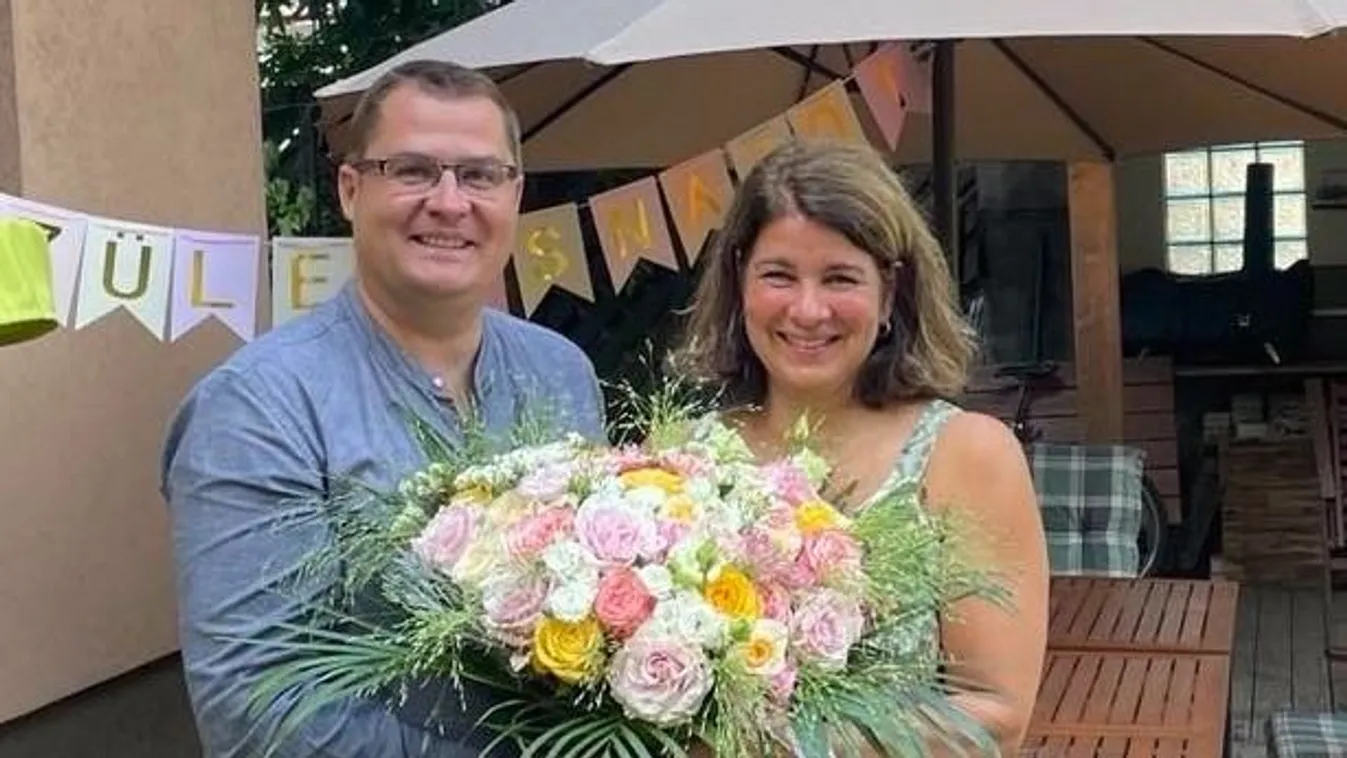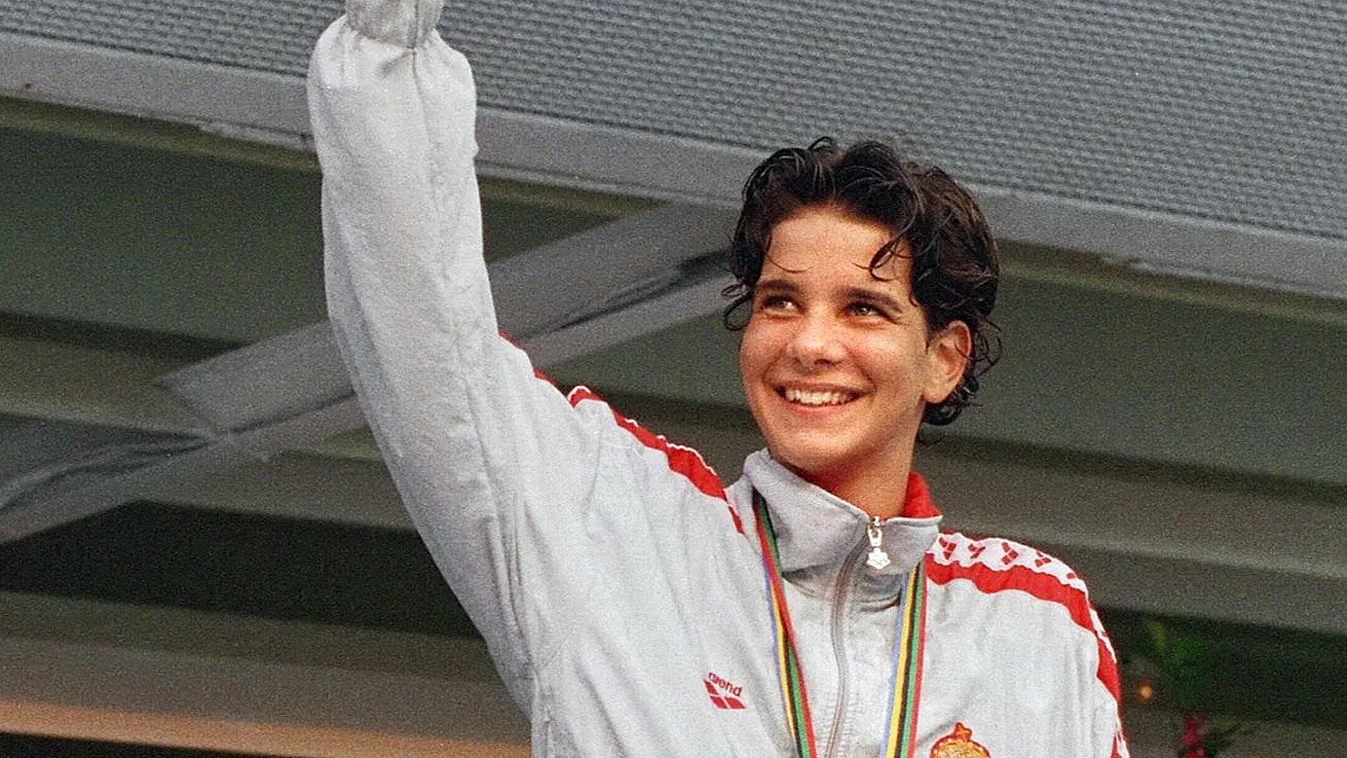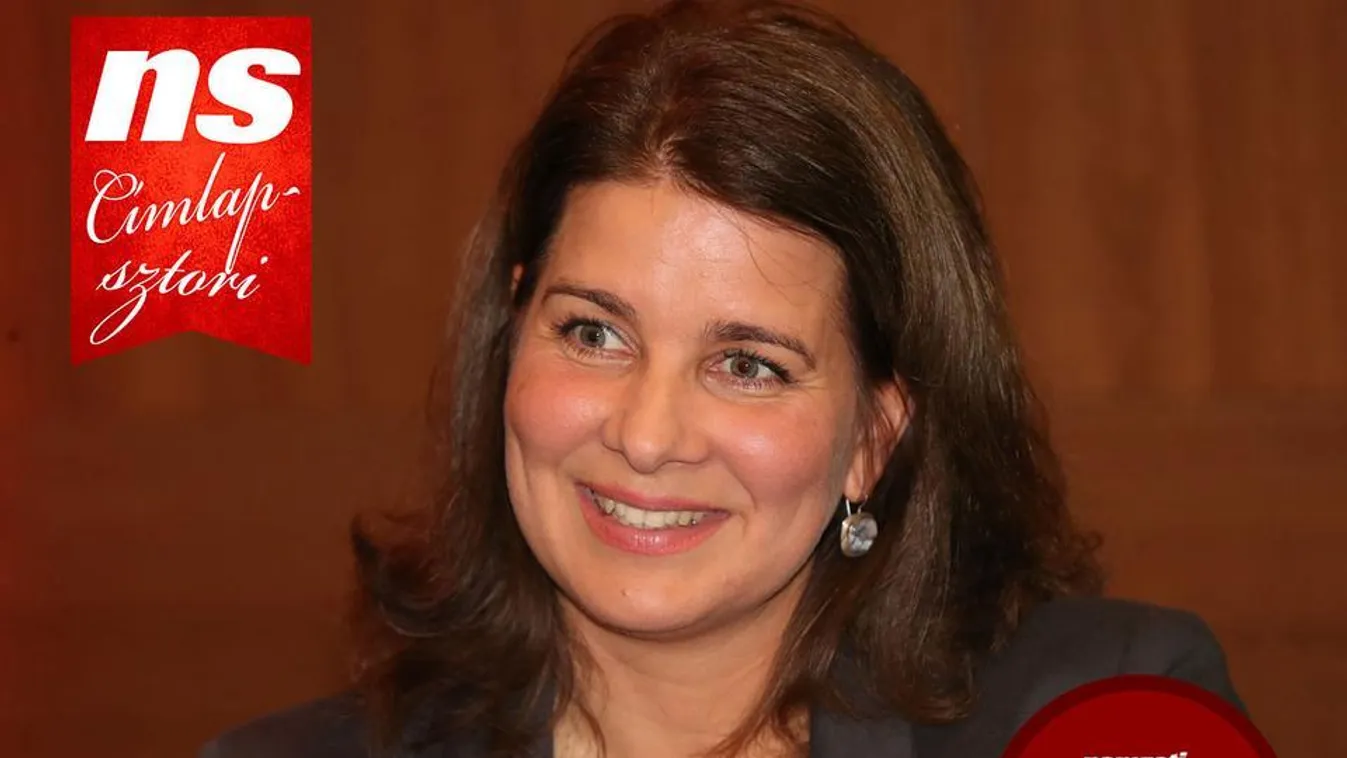
– Krisztina Egerszegi is an ambassador of the Swimming Nation Program. The news is a little unbelievable, as you've rarely taken on a task since your retirement. Who and what convinced you, or why did you want to take part in it?
– It all started three years ago – the five-time Olympic champion swimmer Krisztina Egerszegi started the story. – The idea of the Swimming Nation Program was born at that time, and Sándor Wladár, president of the Hungarian Swimming Federation informed me about this, as well as every moment of the process afterward. Sándor really wanted me to join the program, but I asked for time. I really liked the idea, I liked the program, but I had my doubts, and I like it when I don't have to show up.
– We've learned that.
– I still don't want to change that. I'm not the type who loves being written about.
– But I'm wondering how you'll be able to keep that as the ambassador, the face of the Swimming Nation Program.
– I'll gladly go to the venues, to the swimming pools, and I'm happy to tell you why I find the program good. However, I don't take on any other role, and I mentioned it when I finally said yes in January this year.
THE DECISION WAS MADE AS A PARENT
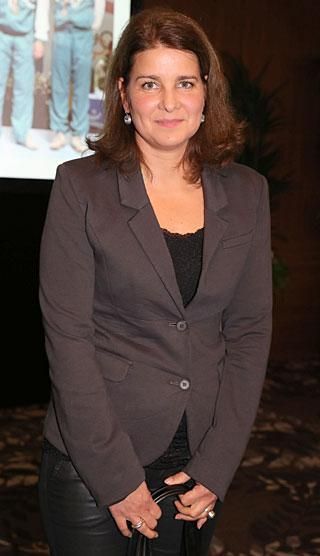
– You said you've thought for a long time: what decided to say yes?
– I wasn't hesitating about the program because I liked it. I was hesitating mostly because there are a lot of children who don't make it to the swimming pool – quite simply because they can't afford it or they don't have the opportunity. The program is very good: many people have worked hard for several years to make the details as perfect as possible. It is also not insignificant that we are talking about the sport that is closest to me, the one to which I owe a lot, which is dear to me. Moreover, the professional background is provided by two excellent professionals, Ákos Tóth and Miklós Kiss, and Sándor Wladár also supports the program.
– It is the second time you've mentioned the swimming federation's president's name.
– Because the program is important, but it's also important who's behind it, who's with it. Many people are working on it both within and in addition to the federation, and I think that in the person of Mr. President, this project is represented by a person who works wholeheartedly and soulfully for its success. I can trust him, them.
– Did you make your decision as a former swimmer or parent and come to the fore?
– It is no secret that we've talked about my role before, and you asked the why – now I have the answer: I made the decision as a parent. I believe that any knowledge that can be acquired will benefit our children because they will be more with it. My children are adults now, but I will remain a parent as long as I live, and that mindset has really defined my past years. The essence of the Swimming Nation Program is not that those who participate in it should be competitive swimmers; this is not the goal here, but to get familiar with the water, to love it, and not be afraid of it. We all know that we're often afraid of what we don't know, and fear blocks a lot of things in us and our daily lives. My parents signed me up for swimming not to become an elite athlete later, but not to have any problems when we were on holiday by the waterfront. It's important that everyone shall learn to swim, and swimming is the basis of almost every sport.
– If the program is good, if the mentioned people assure you, and if you have made it clear that you still do not want to be in the spotlight, what caused the real dilemma?
– Most of all, the success of the program depends on the instructors. They have a lot of responsibility, and so do the creators of the program to find enough instructors – instructors who really take on the task to make the kids love the water. I don't know them, but I know myself: I know that when I do something, I do my best, and that's what I expect from other people, too. I hope that there will be instructors who will feel the program close to their heart, who will not only want to conduct the sessions but also want to do something. I believe that it will happen, because, and I cannot stress this enough, the program is very good, really: not primarily for children whose parents can pay for their training, and for those who have a swimming pool near their place of residence, but rather for those who would not otherwise have the opportunity to do so. I'm not saying that the participants of the program will become swimmers, since once a week is not enough, but that is not the main point, at least that is not what I consider important. What I have said before is that the children should be familiar with the water – if this happens, they have much more opportunities ahead of them.
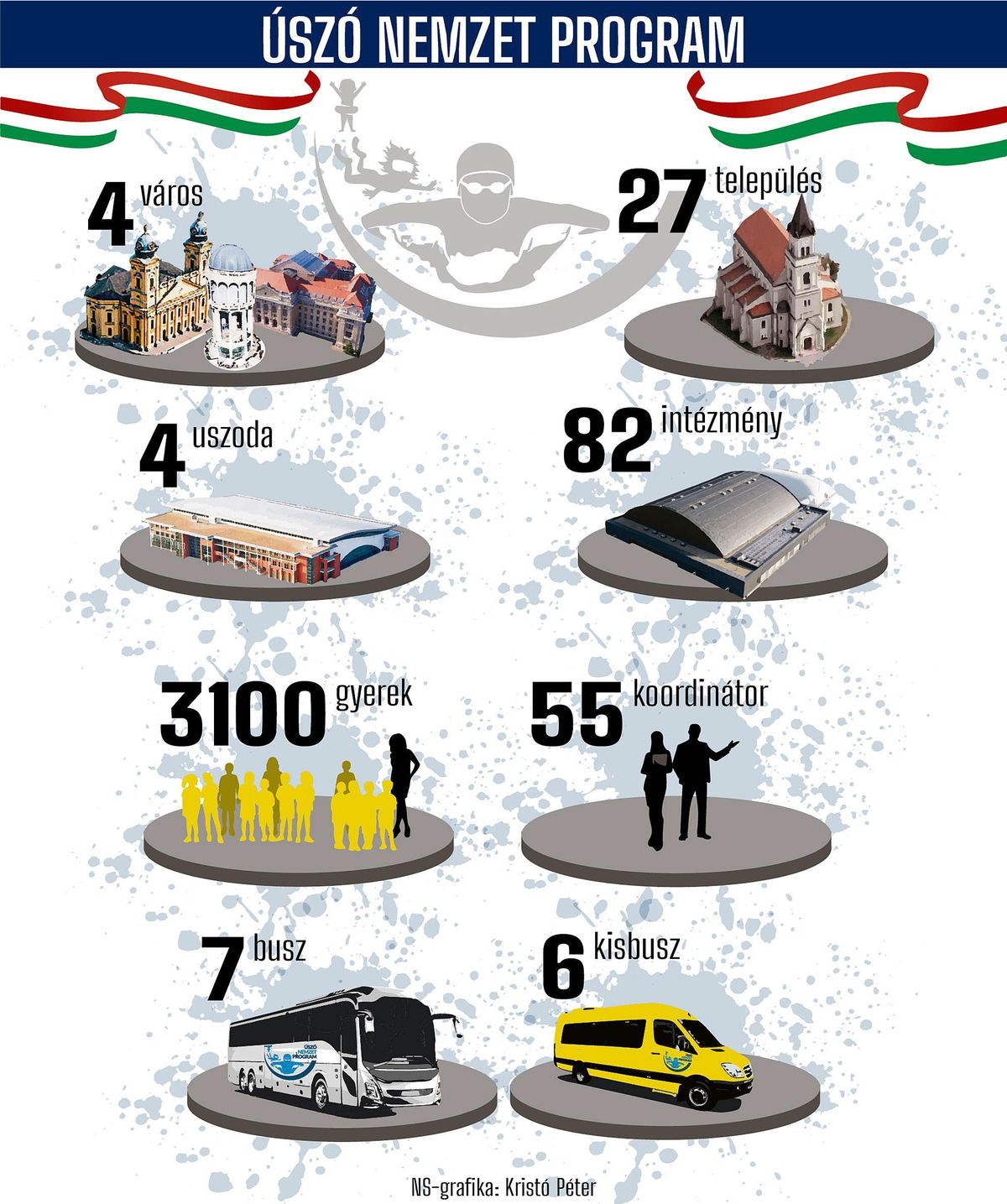
YOU CAN SET AN EXAMPLE NOT JUST IN THE SPOTLIGHT
– You've just talked about responsibility, but there is also responsibility for the Olympic champions.
– Yes, a lot of people say that, but back to my earlier suggestion: I don't think it can only be done in the spotlight. I like talking and having a conversation, I like to listen to others. I just don't like to give interviews or show myself. I didn't like it when I was swimming either, but since I was an elite athlete, I felt it was my duty. When I retired, it hit me: that's great, no need to show up. I don't disagree that an Olympic champion has to set an example for young people, but I think I've done it as a swimmer – I can't do more than that... We have many excellent active athletes, it's their job now.
– When you retired, did it never occur to you to continue working as a coach?
– It didn't, but I wondered if I'd like to work with children — my life then ended up being different. I've always loved swimming, and I thought it was important for all three of my kids to learn to swim well, but I didn't plan on doing any tasks within the sport. I don't have any plans in this direction in the swimming federation either. I still don't feel like I want to play a role.
– However, we can almost certainly say now, a few days before the start of the test mode, that more people will apply for the program because of you.
– The success of the program is not up to me, but, as I said, to the instructors who work with the children, the bus drivers who transport them, and the local coordinators who organize the program, and keep things in their hands. The creation of the program is the result of the responsible work of many people, and for the program to work in practice, it also requires the responsible work of many people. We need people who work with their heart and soul, who really give the children what they have to give them. We need instructors who listen to the children because whichever method works for one, it might not work for the other.
– I will put it this way: although the program does seem very good, it becomes really pronounced by the fact that Krisztina Egerszegi is its ambassador.
– I'm glad if that's true. Those who found out about my involvement kept saying I was the call word. I don't think so, though – at least not for six-year-olds. Maybe for their parents.
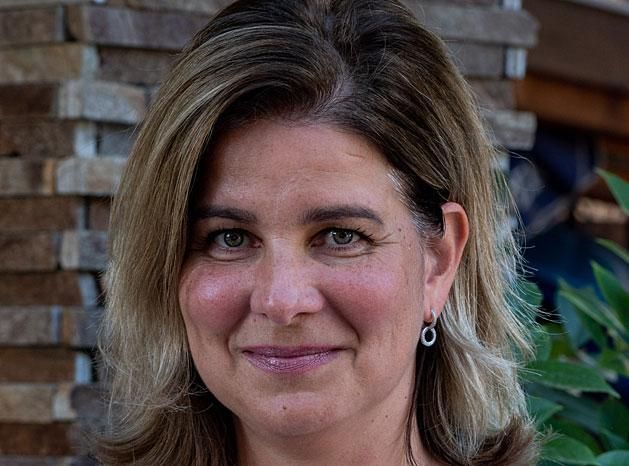
IN THE PAST, SHE HAS SWAM IN HER SLEEP
– Swimming comes to the foreground again in your life – do you still dream about competitions and important moments in your career?
– Years ago, it was often the case: in my dreams, László Kiss, my coach, listed tasks that I had not received in my career. After waking up, it always seemed good to tell myself that I wasn't swimming anymore, like this: but I've stopped already!
– What will be your task during the soon-to-be-launched test mode of the Swimming Nation Program?
– When the test program starts, I'm happy to visit the children, I will be at the venues because I care about how the training is conducted. Since I feel like I own the program, I want to be in it as much as possible. For now, training starts in four places, but we want to expand it to 30 from February. It will cover all parts of the country in five years.
– The picture of you appearing in a swimming pool is still in front of me... Even though you told me you don't want to give interviews in the future, you do know that where you'll be, the cameras will be pointing at you and the microphones will be put in your face, right?
– I'm afraid of that... The program is close to my heart, but not the showing of myself. For the "sake" of the Swimming Nation Program, I took on a task, but that doesn't mean that I will give up my life, my previous decision.
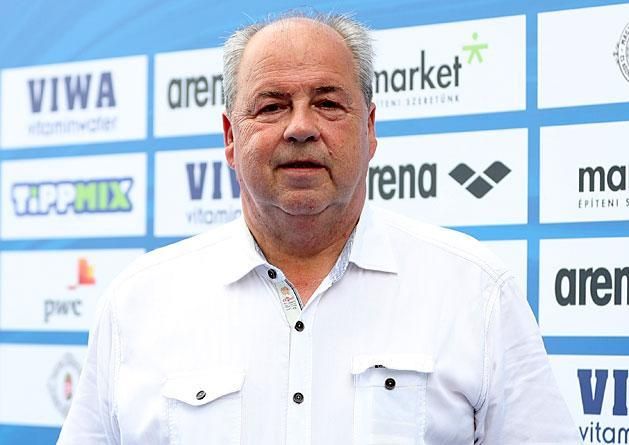
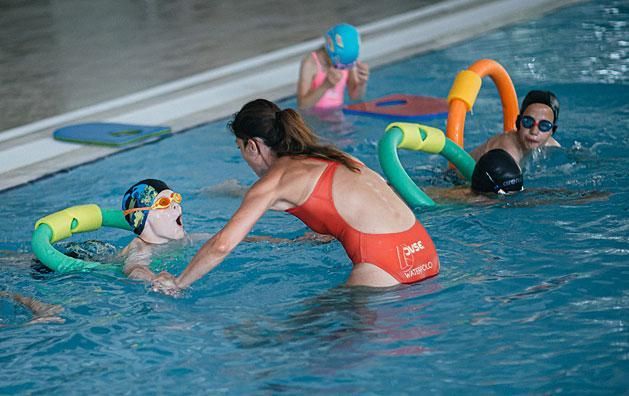
| Let's go to the waterfront! It's both sad and terrifying that 27 000 people drown every year in Europe, and the vast majority of them are children between the ages of five and fourteen. This scary figure was one of the drivers of the Hungarian Swimming Federation's expansion of the "All Children Shall Learn to Swim" program, which has been running since 2013. The initiative, which starts on September 13 as the Swimming Nation Program, is much more than an initiative. The aim of the program, which takes care of more than 3,000 children in four swimming pools in the first stage, is to provide all Hungarian children from the 5-6 age kindergarten group to the first two grades of primary school within the education framework a training curriculum made by the Swimming department of the University of Physical Education that's led by accredited professionals. This creates water safety for children, promotes education in sports and healthy lifestyles, and reduces the number of deaths from drowning. |

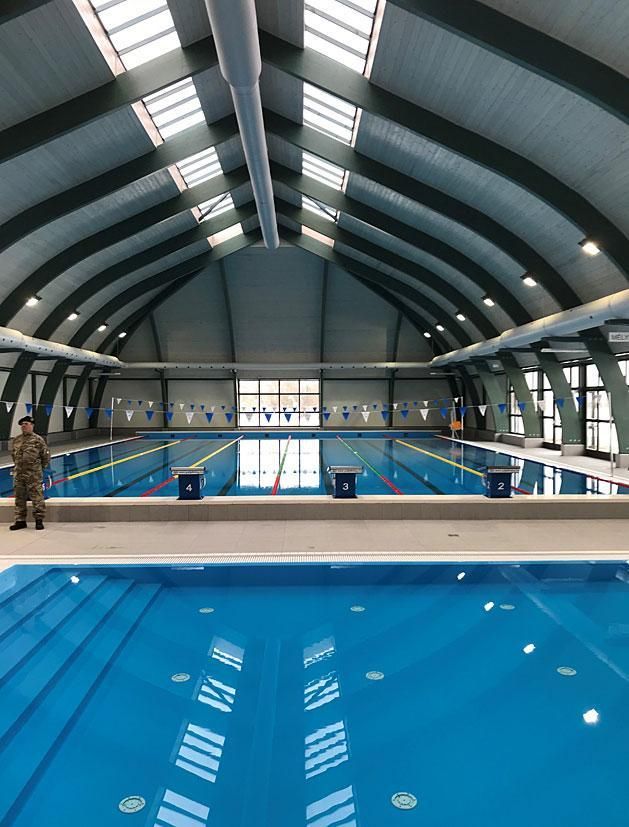
| Krisztina Egerszegi found her way around during thűéáe pandemic, the lockdown, and she believes that the restrictions didn't hinder her and her family in many ways. The five-time Olympic champion, of course, thought about the athletes several times who faced the postponement of the Tokyo Olympics, and what they could experience. "Their situation was not easy, even this year when we almost certainly knew the Olympics would be held. I think it was a dark and difficult time for many athletes," said Krisztina Egerszegi, and she did not deny that although she believes that elite sport is completely different now from what it was in her time, she was touched by the Tokyo Games. "For example, I followed Zsombor Berecz's medal race live, and I wept when he got the silver. I also saw Áron Szilágyi's gold medal bouts and the wonderful final of Tamás Lőrincz, with which he finished his career. Usually, the first thing I did in the morning was run through the Olympic news. I was interested in what was happening in Tokyo, even though I see that elite sport has really become very different. Today, everything is measured, analyzed, equipment and conditions are important. It wasn't like that before, but good results were still made. I'm not saying that my opinion is decisive, but I'm not sure it's always good that the latest research, the best conditions, are in the foreground. Whoever achieves success without them, I think, they appreciate them better..." |
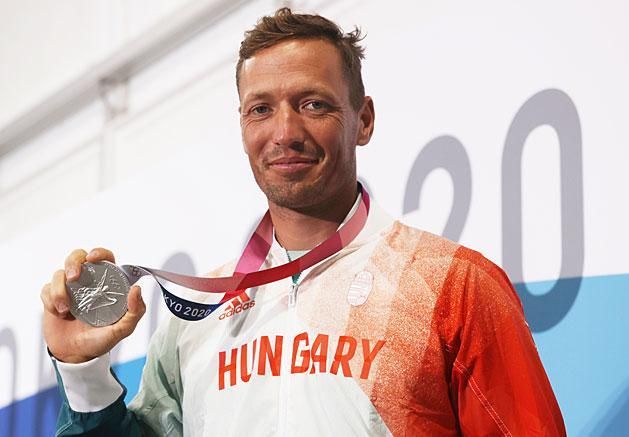
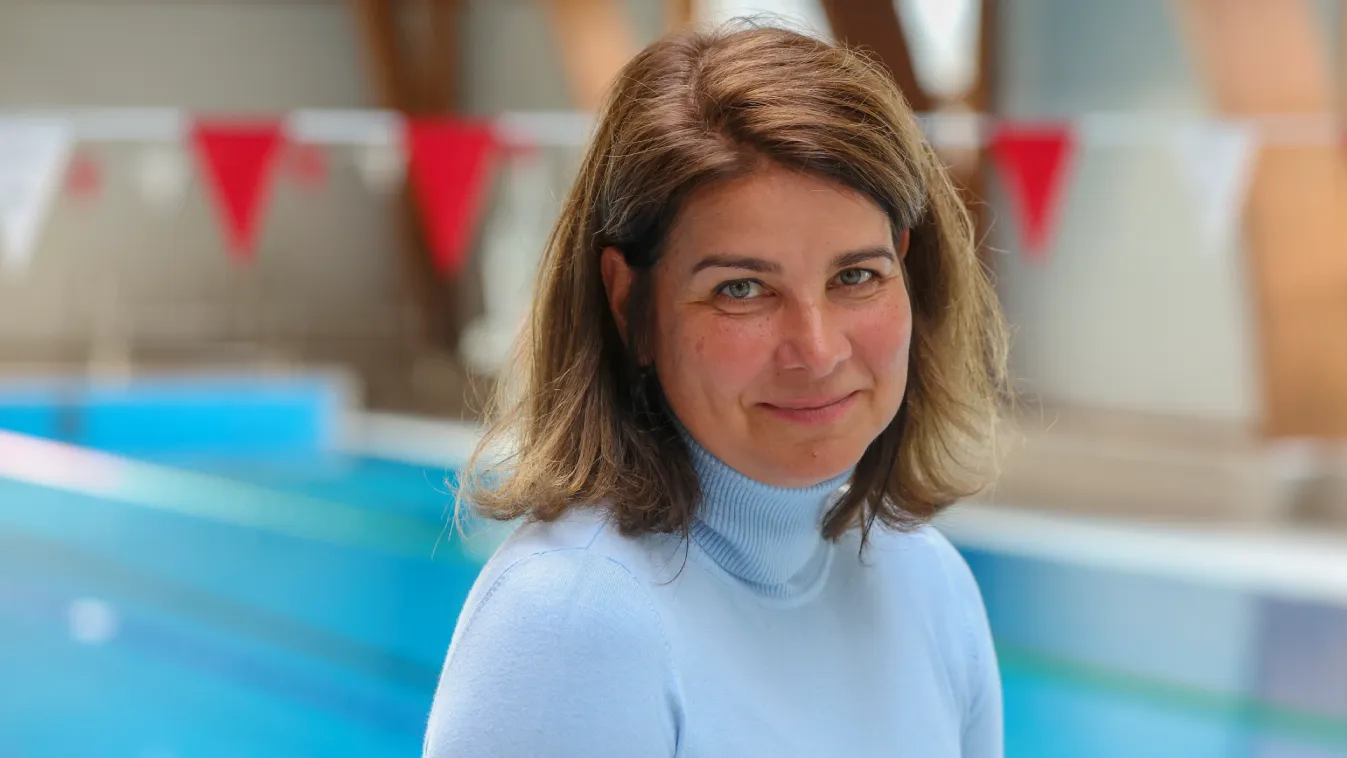
Egerszegi Krisztina: Van, akit az égbe emel egy ilyen lehetőség
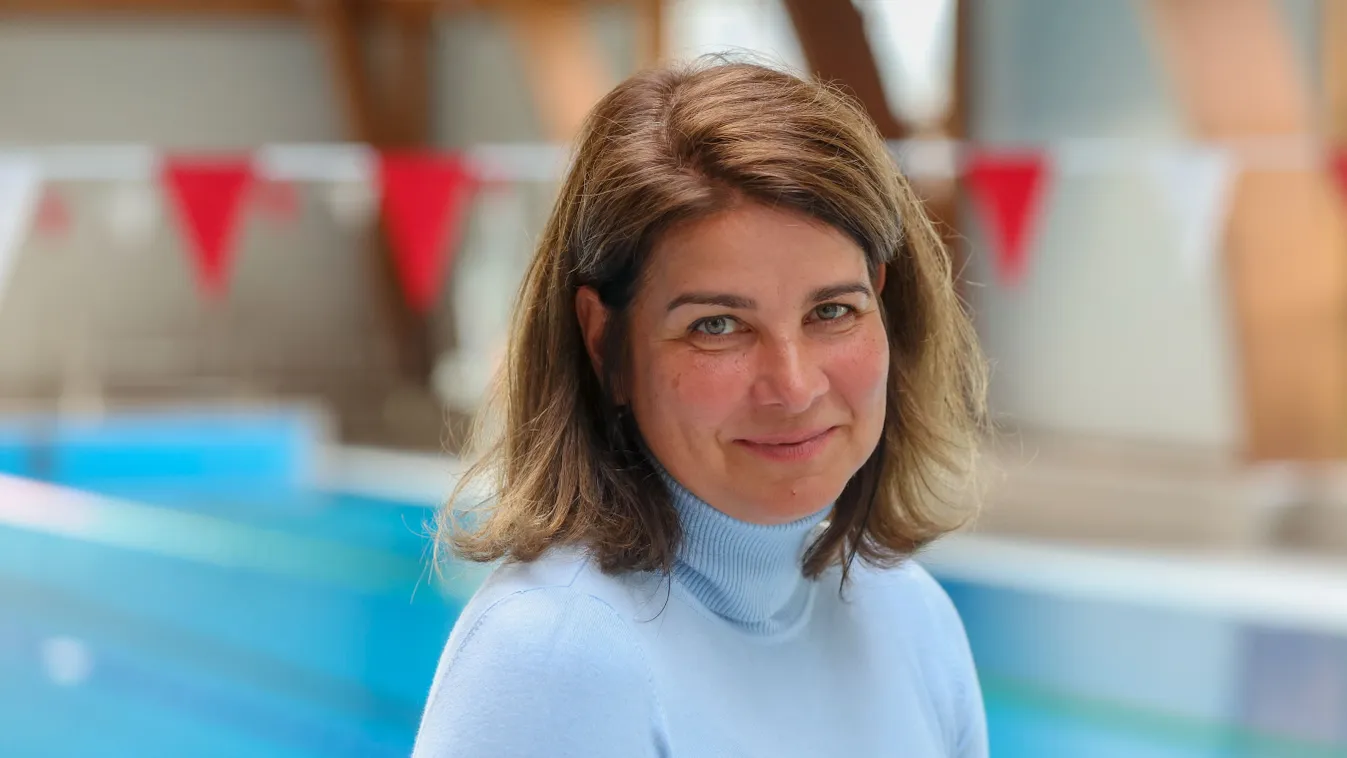
Egerszegi Krisztina ötvenéves

A hírhozó ünnepére – N. Pál József publicisztikája
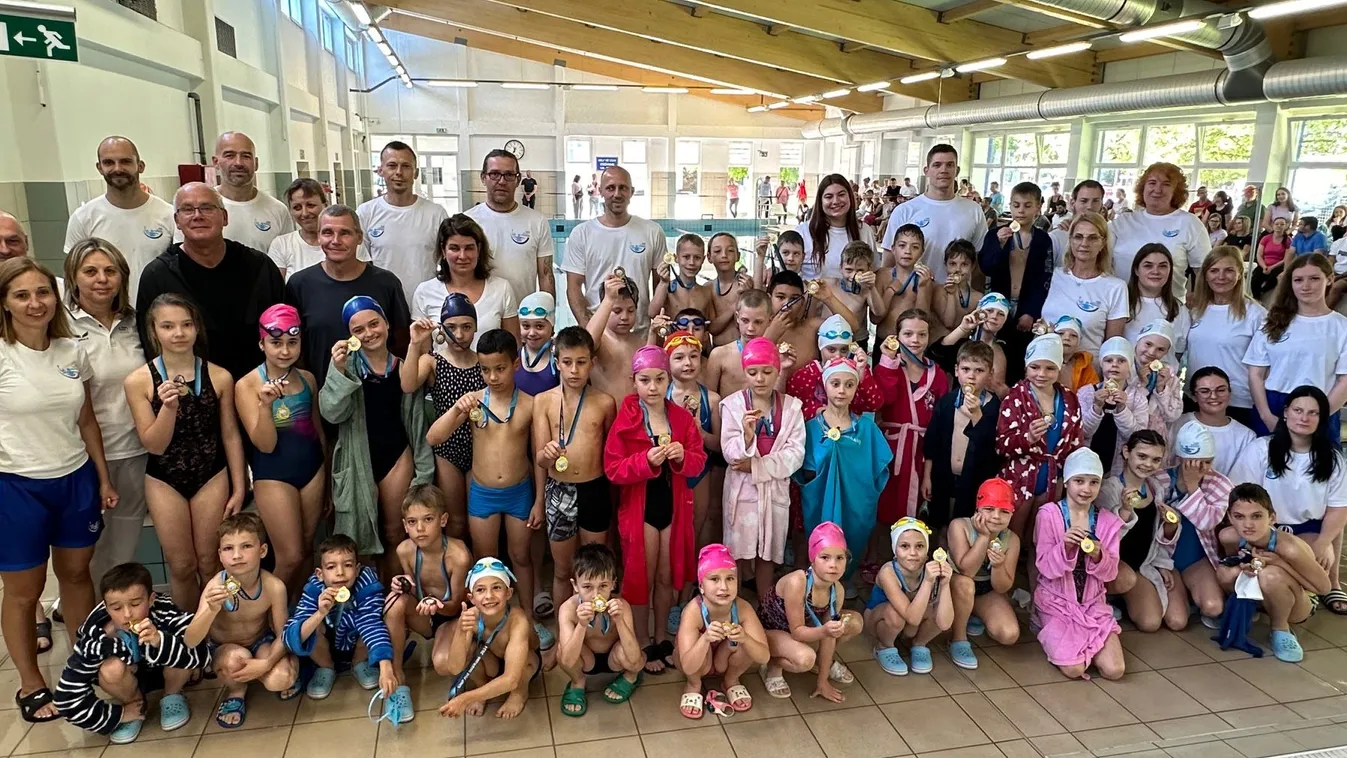
Új szintre lépett az Úszó Nemzet Program
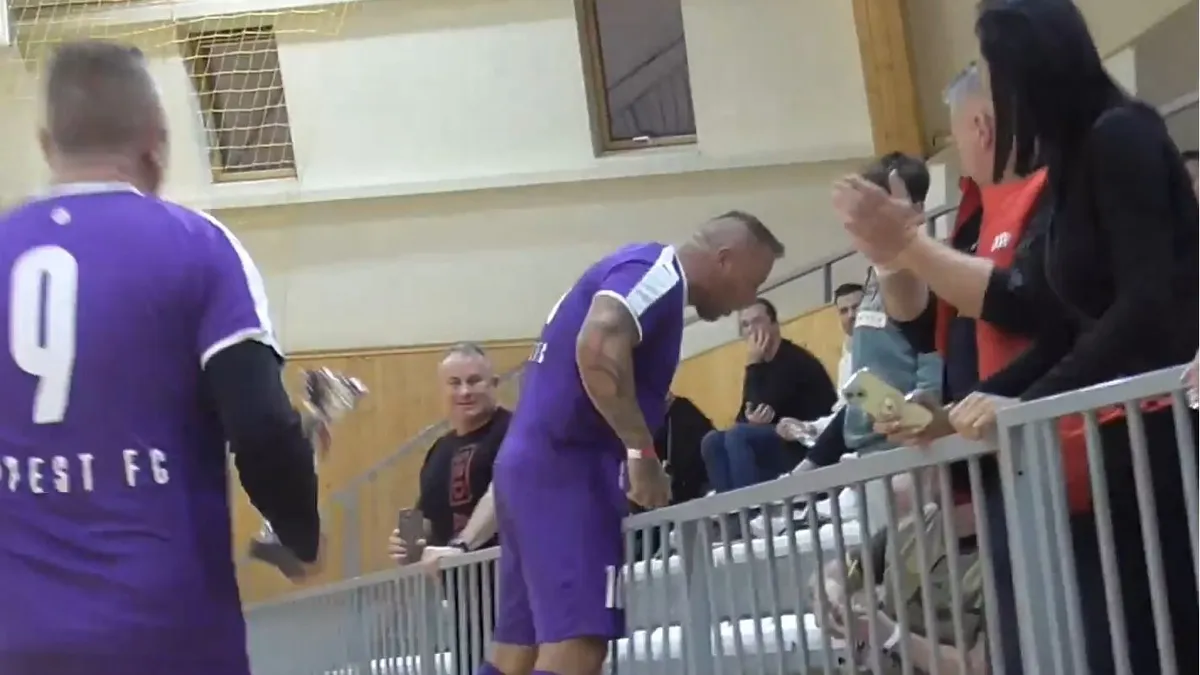
Curtis pofonvágta az őt gyalázó szurkolót a lelátón
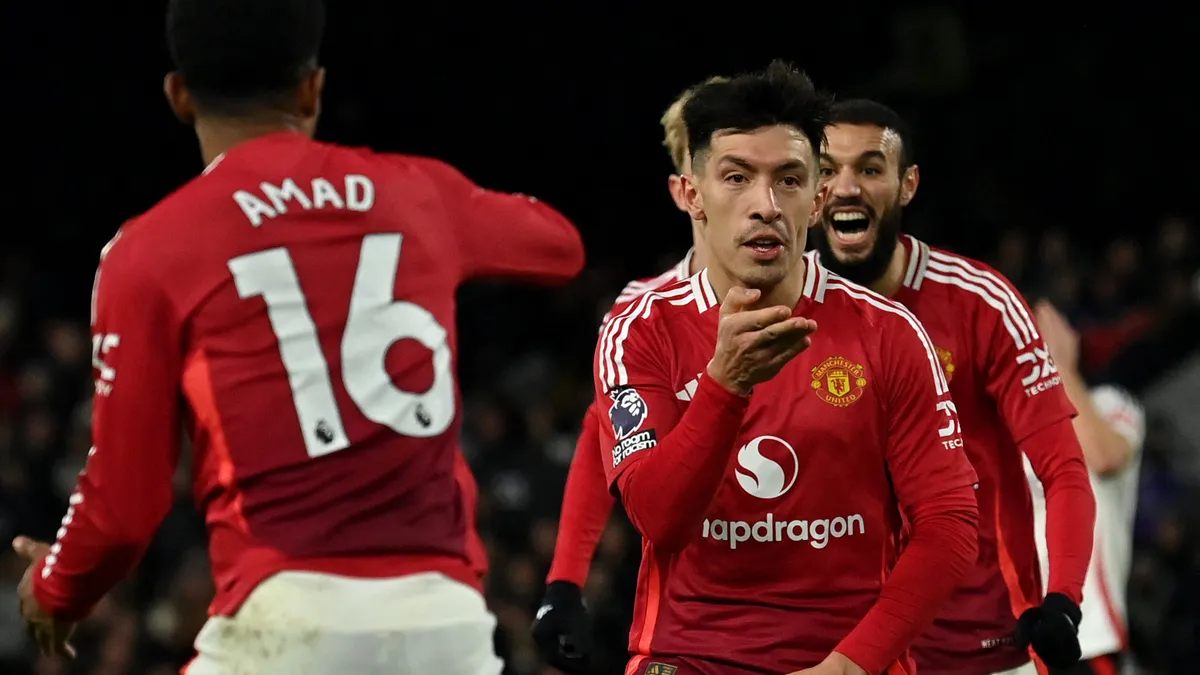
Az MU egyszer találta el a kaput, de egy szerencsés góllal így is nyert
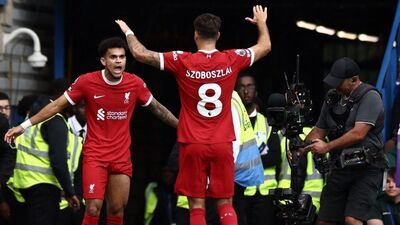
Ez nem hiányzott: Szoboszlai Dominik még egy világsztár miatt aggódhat!
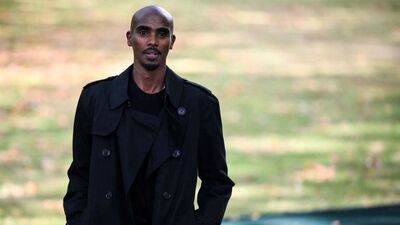
Milliárdokért árulja luxusotthonát az olimpiai bajnok

Villámgyors finomság – az 5 legjobb tejbegrízrecept
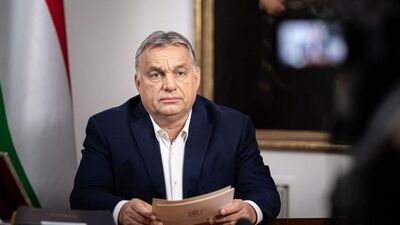
Orbán Viktor elutazik, ezen a helyen magyar kormányfő még nem járt
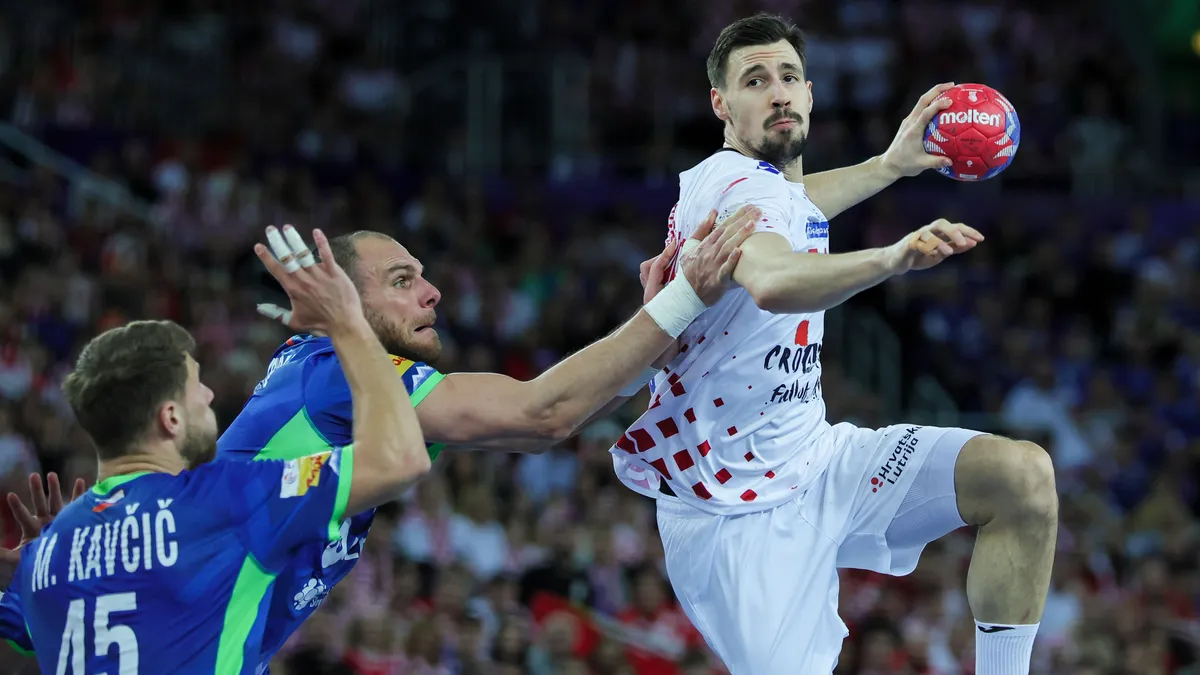
A szlovénokat legyőző Horvátország lesz a mieink negyeddöntős ellenfele kedden 18 órakor a kézi-vb-n
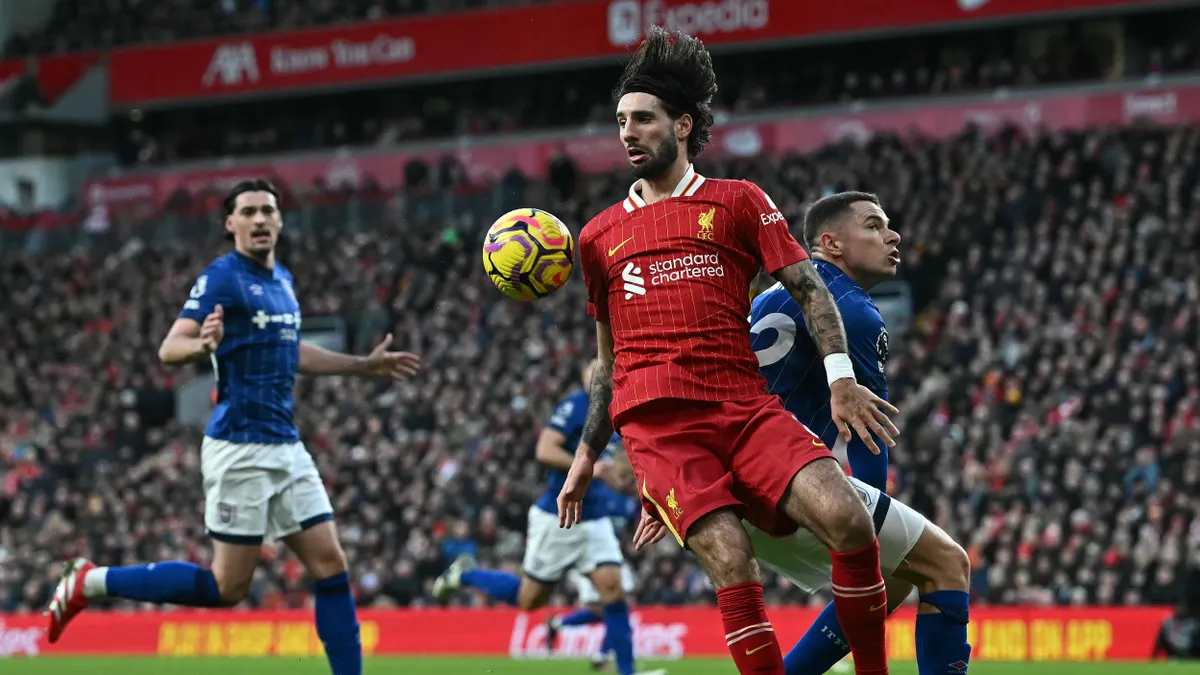
Szoboszlai szenzációs passzán ámul a világ - videó

A Chiefs újabb drámai meccsen nyert a Bills ellen – triplázás kapujában a Kansas City!
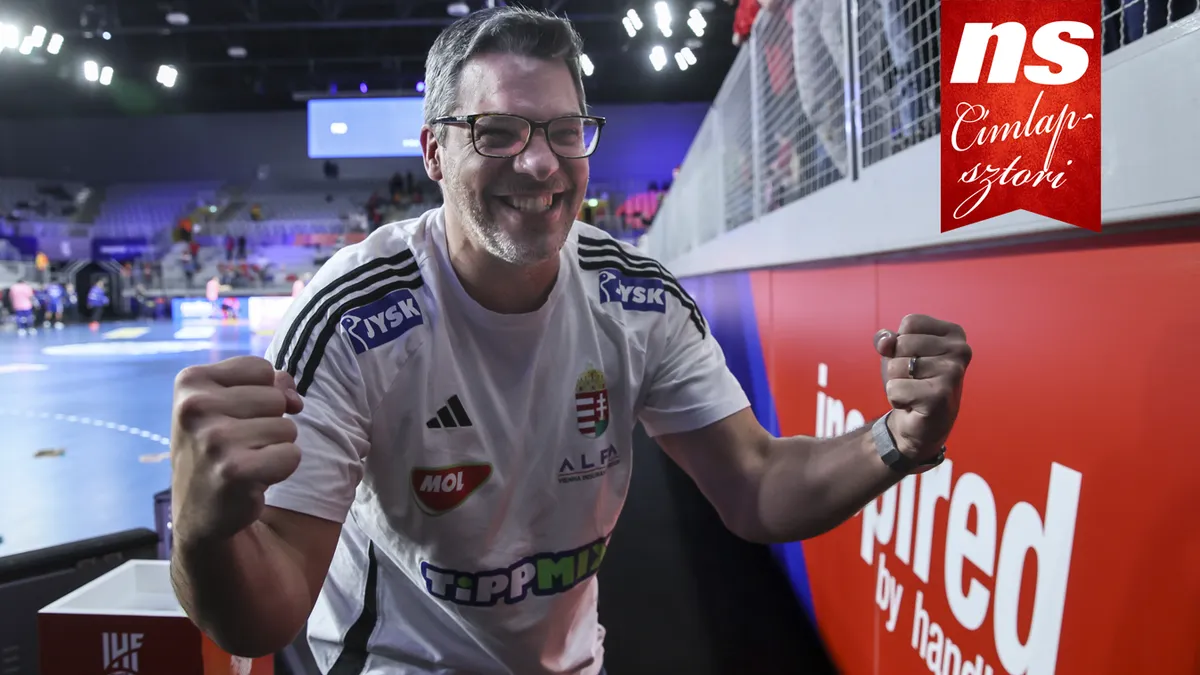
Chema Rodríguez: Óriási dolog, hogy sorozatban harmadszor ott vagyunk a nyolc között
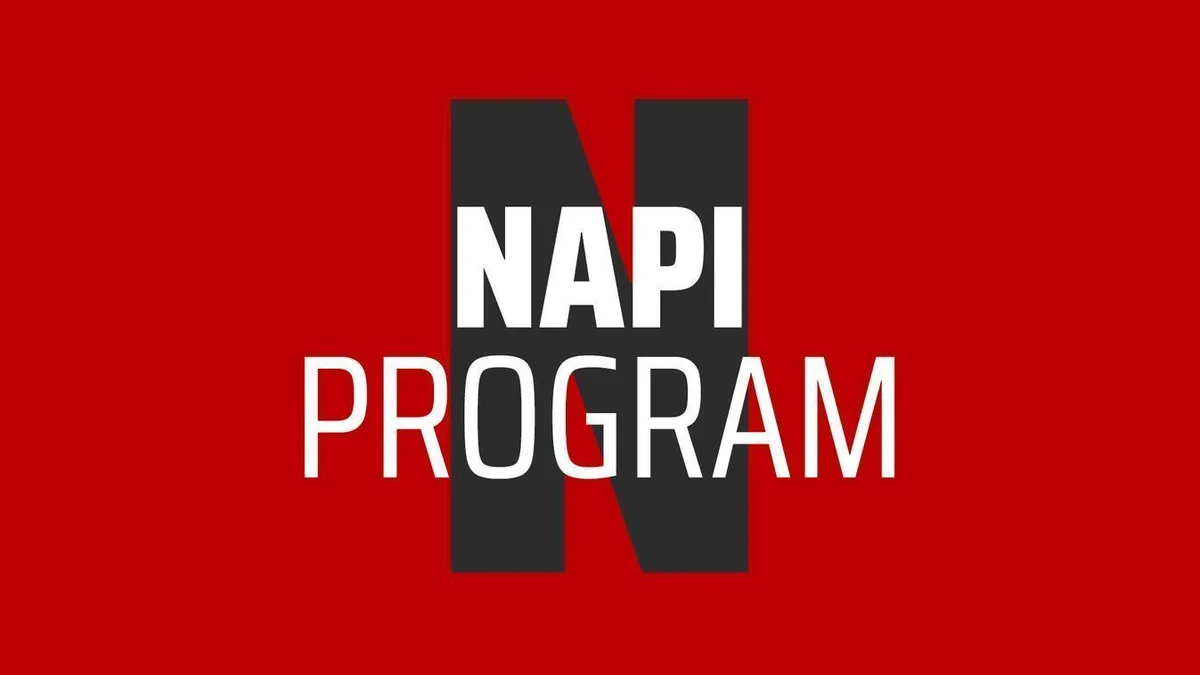
Hétfői sportműsor: olasz, spanyol és angol futball, magyar futsal
